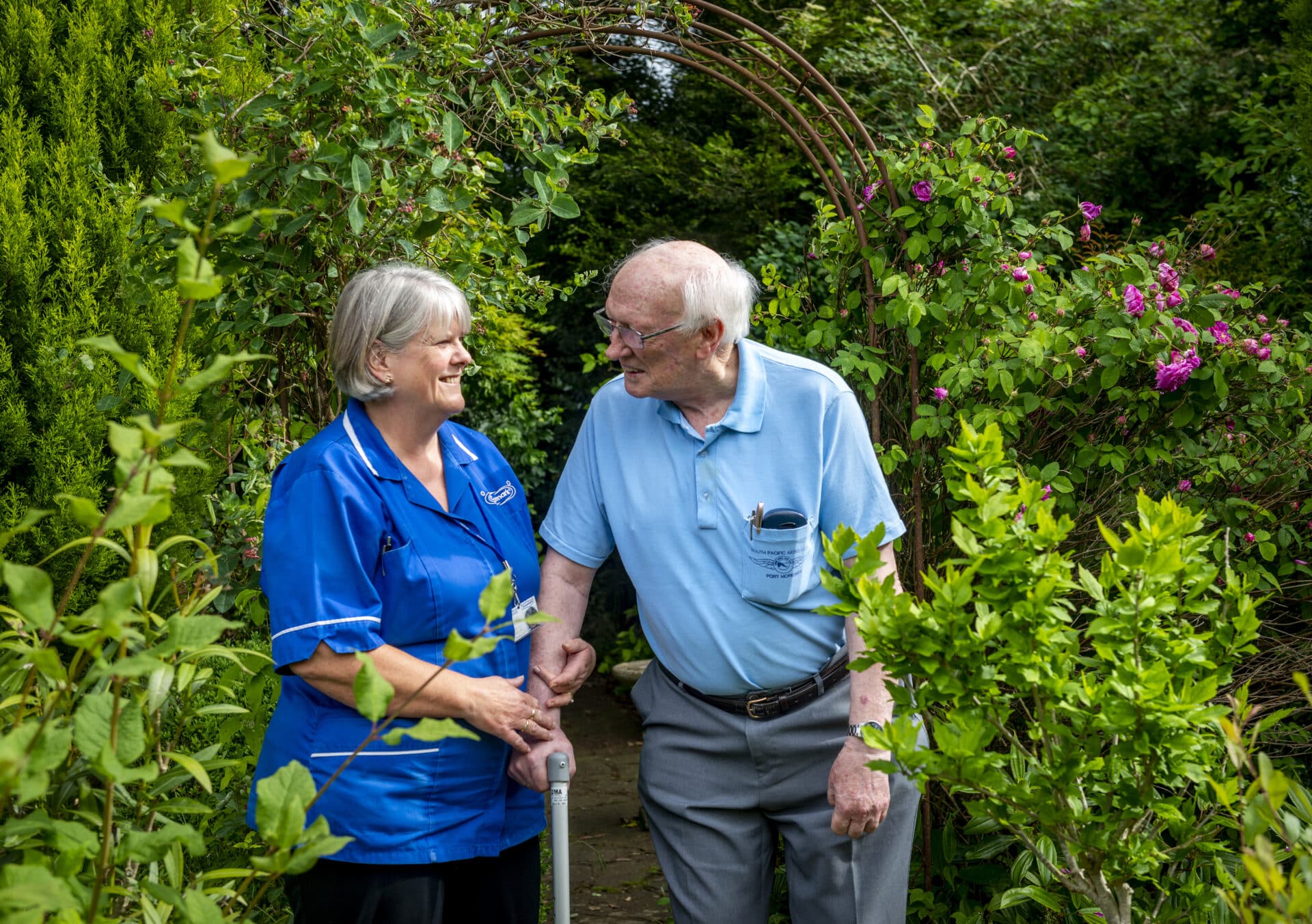Preventing Falls in our Elderly

Did you know that falls are a leading cause of injury among the elderly? in this article we will discuss some tips on how to prevent them.
- Home Safety Check: Conduct a thorough check of the living space. Remove tripping hazards, secure loose carpets, and ensure good lighting in all areas
- Make sure essential items are within easy reach.
- Footwear Matters: Encourage comfortable, non-slip footwear. Avoid heels or shoes with smooth soles that may increase the risk of slipping.
- Stay Active: Regular exercise improves strength and balance. Simple activities like walking, or gentle stretching can make us stronger and less prone to falls.
- Medication Management: Keep an updated list of medications and consult with healthcare professionals about potential side effects as some side effects can affect balance.
- Vision Check: Regular eye check-ups are essential. Clear vision is crucial for navigating the environment and identifying potential hazards.
- Use Assistive Devices: If needed, encourage the use of walking aids like sticks or walkers. Ensure they are in good condition and used properly.
- Hydration is Key: Dehydration can lead to dizziness. Encourage regular intake of water, particularly during hot weather.
- Assistance with Tasks: Offer support with tasks that may pose a risk, such as reaching for items on high shelves or climbing ladders.
- Regular Check-ins: Stay connected and regularly check in on elderly family members or neighbours. A sense of community can provide emotional support and prompt assistance if needed.
Even small falls can cause serious injury so prevention is key. If you need help or further advice, simply search Caremark Guildford and Woking to reach out to us.
Some Fall facts:
Nearly a third of people over 65 and half of people over 80 fall at least once a year, leading to around 70,000 fractures. Once you’ve fractured a bone, only 24% of people return to their previous level of movement and independence. Nearly 4000 people died from having a fall in 2014. And even if you’re not too badly affected physically, falls can destroy confidence, increase isolation and reduce independence, with around 1 in 10 older people who fall becoming afraid to leave their homes in case they fall again.
Falls are an equally disastrous story for the health and social care system. They account for over 4 million hospital bed days each year in England alone and the healthcare cost associated with fragility fractures is estimated at £2 billion a year. Falls contribute to local authority care costs of £3 billion residential and £2 billion non-residential each year, with long-term nursing care costs of around £19,000 per year for an older person affected by a fall.
So falls are a very serious problem, but we can do something about it. The Chief Medical Officer’s guidelines for older adults say we should do two sessions of strength and balance exercise a week – including informal activity like lifting shopping or doing heavy gardening. Some people might be motivated enough to meet these guidelines without any further help. Many of us we will need some advice or help. Books like Professor Sir Muir Gray’s ‘Sod 70’ series give clear and fun ways to improve your strength and balance.
But most people find it hard to change their habits even if they are at risk of falling. The new PHE co-ordinated Falls Consensus Statement gives clear guidelines for health and other professionals on what to do to commission and design services to make a difference for people who need to build up their muscle and bone strength and so avoid a fall.
Quality Home care Guildford. Quality Home care Woking.
#elderly #elderlycare #careathome #guildford #woking #homecare